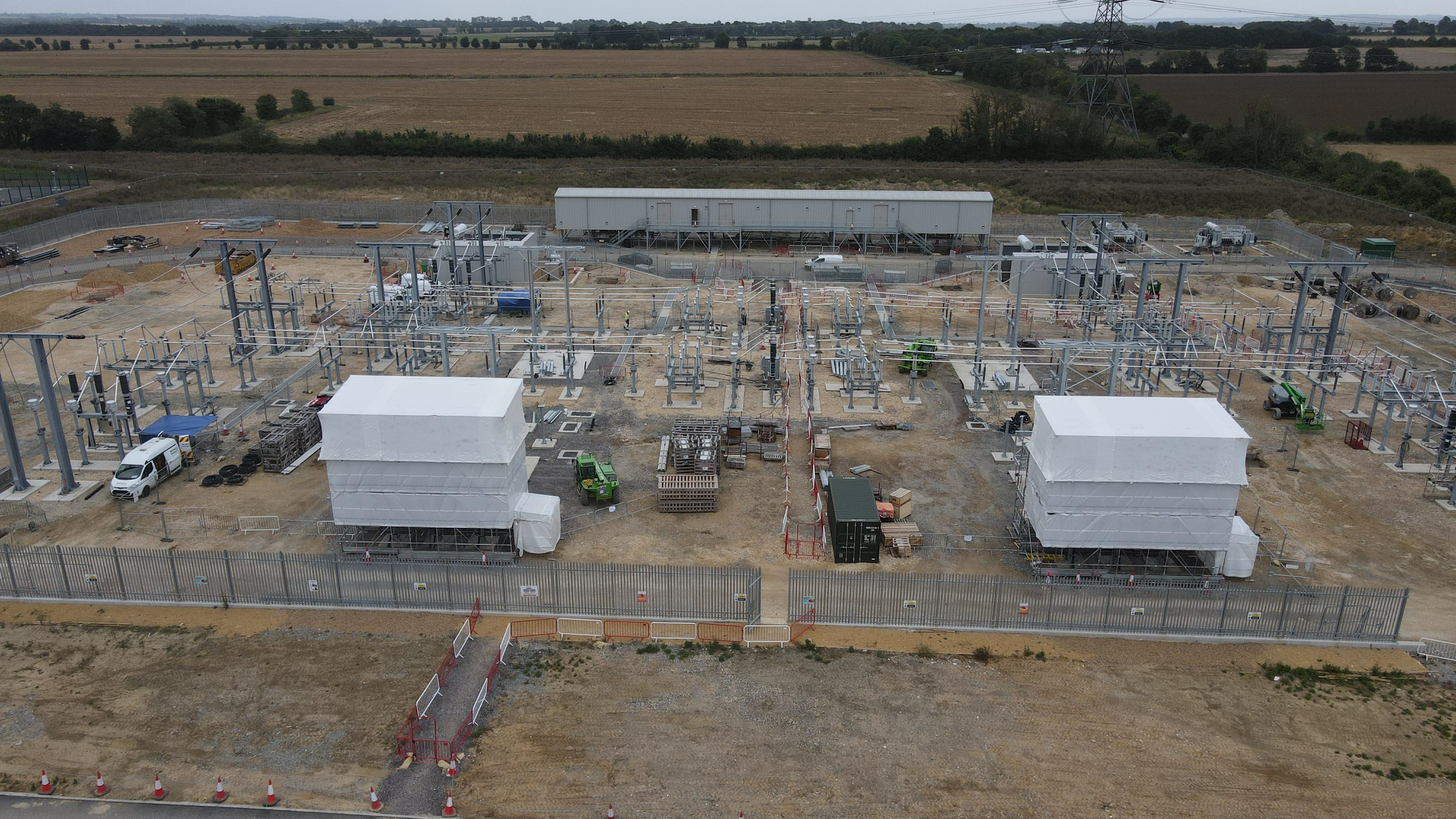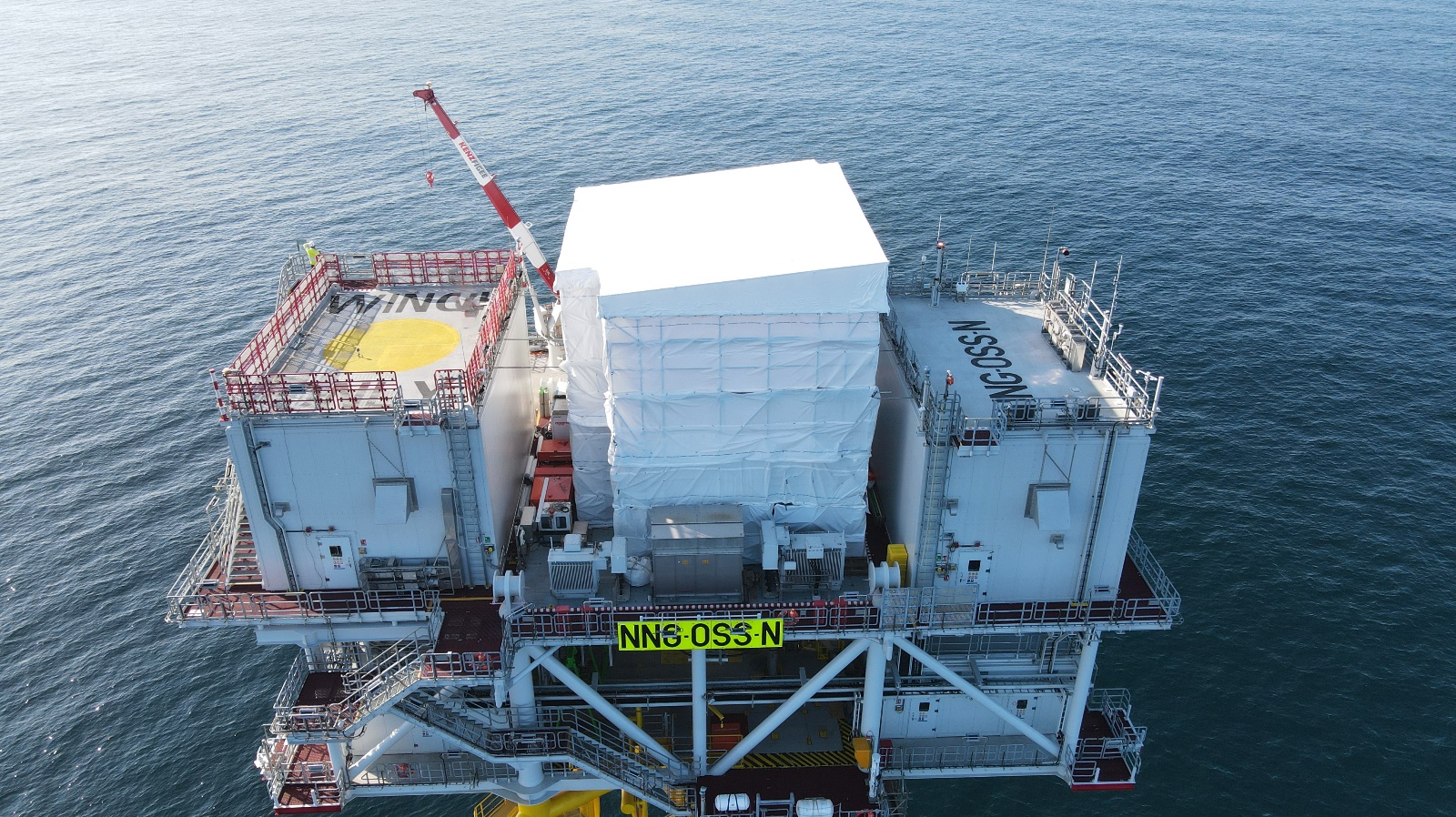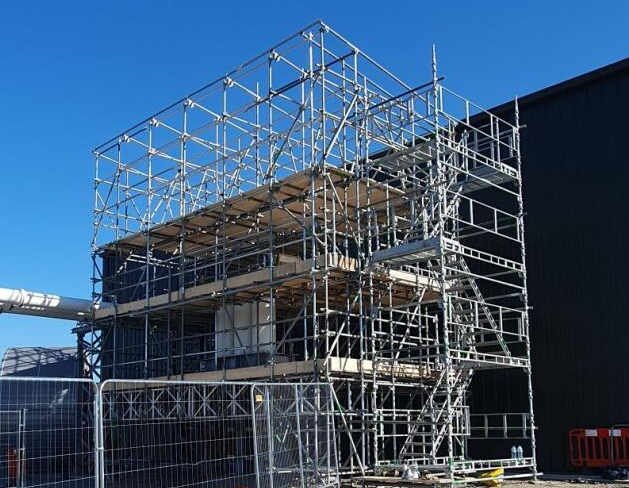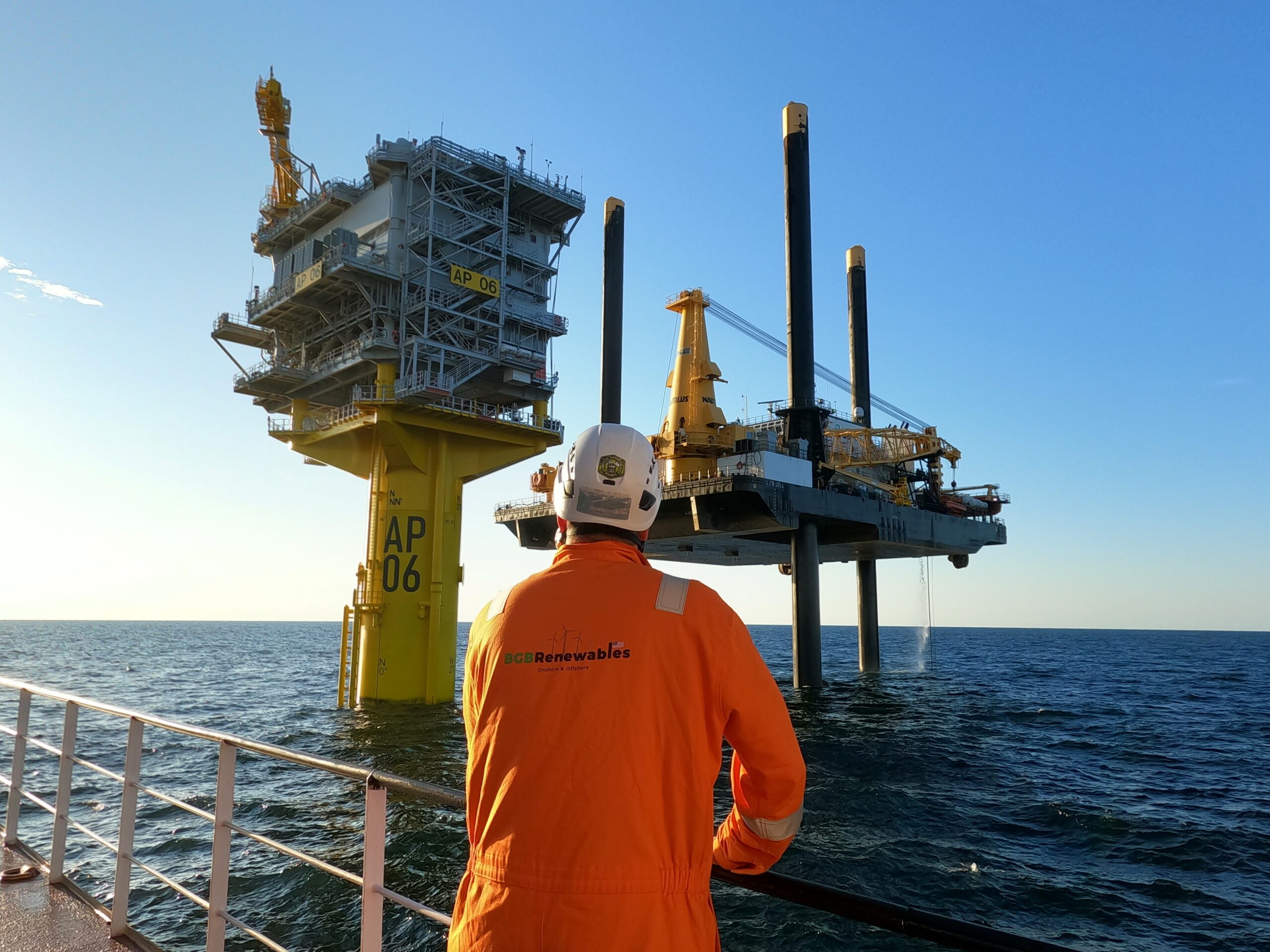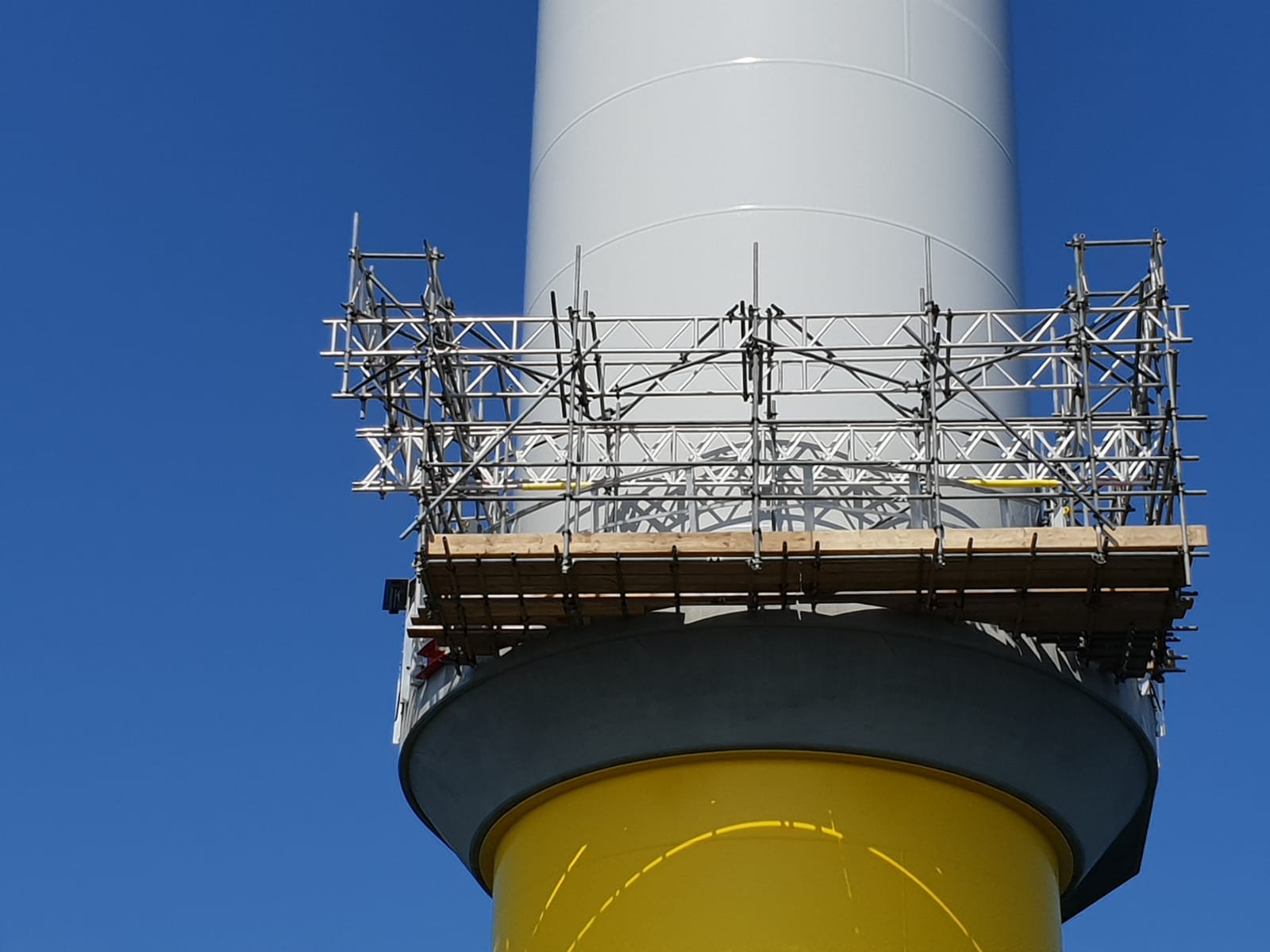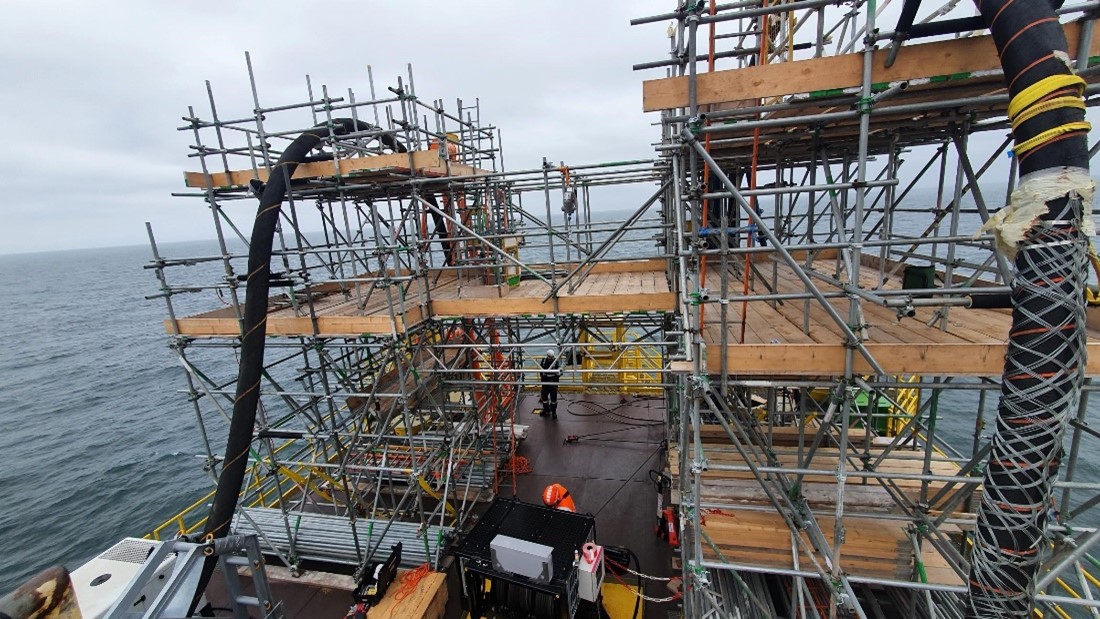

BGB Group Projects
BGB Group Global Ltd are access solution specialists, providing scaffolding, encapsulation and IRATA industrial rope access services across a wide range of projects, both onshore and offshore.
As the projects detailed below will illustrate, while we may be best known as a global leader in offshore wind energy generation, our scope and capabilities extend far wider than this. Our operations also cover industrial and residential buildings, high voltage cables, rail projects, ports and marine applications.
Local knowledge, global coverage
We’re proud to have played a critical part in the construction some of the world’s largest offshore windfarms, including the construction of every windfarm in the USA to date. By the end of 2025 we will have played part in no less than seven 7 offshore windfarms in that country.
Our services within the offshore wind sector are highly respected and sought after around the globe, with branches in Taiwan and the United States. BGB have played part in and by the end of 2025 we will have played part in no less than seven 7 offshore windfarms in the country. We also have employ local teams in Europe and Australia, who are trained and developed by our experienced UK operatives in the requirements of working in the offshore environment.
In addition to being a main access solutions supplier to one of the world’s largest renewable energy companies, BGB have also won contracts with many other prestige names across a wide range of industries. From Tier 1 Rail Framework Contractors to contractors working for the National Grid, from Utility providers like British Gas to leading housing developers like Anwyl Homes, the skillset, attitude and operational excellence of the BGB team is in constant demand.
The same core principles
At BGB, we understand that the same core principles apply across all of our projects. Whatever the size or scope of the job, whatever the challenges it entails, we are committed to performing to the same high standards of quality, safety and innovation on each and every project we take on, delivering dependable solutions that are both efficient and cost effective.
As you will see, we have built our reputation not by working for our clients, only doing what is asked of us; but by working with them, adding ideas and inspiration and delivering real value for money on every job. We know that working collaboratively is the only way to ensure that we understand all of your requirements and can help you to achieve all of your goals.
